Inflammation and cancer
5th November 2014.
Alberto Mantovani, Humanitas University, Milan.
The 1st Camillo Golgi lecture will be given on the 5th of November 2014 by Alberto Mantovani. The poster of the lecture can be downloaded here.
Camillo Golgi was an outstanding Italian scientist who studied, lived and worked in Pavia and won a share of the Nobel Prize for Physiology and Medicine in 1906. He was born at Corteno near Brescia on July 7, 1843, the son of a physician. He studied medicine at the University of Pavia under Mantegazza, Bizzozero and Oehl. After graduating in 1865 he continued to work in Pavia at the Hospital of St. Matteo. Golgi himself stated that Bizzozero greatly influenced him and his methods of scientific research; at that time most of his investigations were concerned with the nervous system, i.e. insanity, neurology and the lymphatics of the brain. In 1872 he accepted the post of Chief Medical Officer at the Hospital for the Chronically Sick at Abbiategrasso, and it is believed that in the seclusion of this hospital, in a little kitchen which he had converted into a laboratory, he first started his investigations into the nervous system. Golgi returned to the University of Pavia as Extraordinary Professor of Histology, went to Siena for a short time, but returned to Pavia and was appointed to the Chair for General Pathology in 1881, in succession to his teacher Bizzozero. He settled down in Pavia for good, and married Donna Lina, a niece of Bizzozero. Already while working at the Hospital of St. Matteo, Golgi became interested in the investigation of the causes of malaria and he must be credited for having determined the three forms of the parasite and the three types of fever. After prolonged studies he found a way of photographing the most characteristic phases in 1890. Golgi was a famous teacher, his laboratory was open to anyone anxious to do research. He never actually practised medicine, but directed the Department of General Pathology at St.Matteo Hospital where young doctors were trained. He also founded and directed the Istituto Sieroterapico-Vaccinogeno of the Province of Pavia. Golgi was Rector of Pavia University for a long time and was also made a Senator of the Kingdom of Italy. He was an old man during the First World War, but assumed the responsibility for a Military Hospital in Pavia, where he created a neuro-pathological and mechano-therapeutical centre for the study and treatment of peripheral nervous lesions and for the rehabilitation of the wounded. However, the work of greatest importance which Golgi carried out was a revolutionary method of staining individual nerve and cell structures, which is referred to as the «black reaction». This method uses a weak solution of silver nitrate and is particularly valuable in tracing the processes and most delicate ramifications of cells. Golgi himself was extremely modest and reticent about his work and it is not known when exactly he made this invention. All through his life, however, he continued to work on these lines, modifying and improving this technique. Golgi received the highest honours and awards in recognition of his work. He shared the Nobel Prize for 1906 with Santiago Ramón y Cajal for their work on the structure of the nervous system. The Historical Museum at the University of Pavia dedicated a hall to Golgi, where more than 80 certificates of honorary degrees, diplomas and awards are exhibited. Golgi married Donna Lina Aletti, previously mentioned. They had no children of their own, but adopted his niece, now Mrs. Carolina Golgi-Papini in Rome. He died at Pavia, where he had lived all his life, on January 21, 1926. (From Nobel Lectures, Physiology or Medicine 1901-1921, Elsevier Publishing Company, Amsterdam, 1967. This autobiography/biography was written at the time of the award and first published in the book series Les Prix Nobel. It was later edited and republished in Nobel Lectures. To cite this document, always state the source as shown above).
Alberto Mantovani is Scientific Director is President and Founder of Humanitas Clinical Research Institute and Humanitas University and Professor of Pathology (School of Medicine, State University of Milan). Alberto Mantovani was born in Milan in 1948. He graduated in Medicine at the University of Milan and specialised in Oncology at the University of Pavia. From 1973 to 1975, he had a fellowship at the Laboratory of Immunology and Chemotherapy at the Mario Negri Institute in Milan. From 1973 to 1976, he was visiting fellow at the Department of Tumour Immunology of the Chester Research Institute in Belmont (GB). In 1978 to 1979, he was visiting fellow at the Laboratory of Immunodiagnosis, NIH, Bethesda (USA), with a Yamagiwa–Yoshida Scholarship of the UICC first and then with a NATO grant. From 1979 to 1981, he was Senior Investigator at the Department of Tumour Immunology and Chemotherapy at Istituto di Ricerche Farmacologiche “Mario Negri”, Milan. In 1981, he became Chief of the Laboratory of Immunology at the Institute. From 1994 to 2001, he was a full professor of General Pathology, School of Medicine, University of Brescia, Italy. From 1996 to 2005, he has led the Department of Immunology and Cell Biology at the Istituto di Ricerche Farmacologiche “Mario Negri”, Milan. He received various scientific awards, including Biotec award (1998), the Marie T. Bonazinga Award by the Society of Leukocyte Biology (USA) (2000), the Guido Venosta Prize by the President of the Republic of Italy (2004), EFIS—Schering Plough 1st European Immunology Prize, Paris, France (2006), Galileo Galilei Prize for Research in Biomedical Sciences (2007), PISO Award (2007), Onoreficenza al Merito della Repubblica Italiana, and the William Harvey Outstanding Scientist (2009). Ha was a member of various professional societies, e.g., European Molecular Biology Organization (EMBO), Henry Kunkel Society, the Faculty of 1000 Biology, and President of the International Cytokine Society. He had more than 600 publications, mostly in high-ranking journals. A highly cited immunologist, the Institute for Scientific Information (ISI Thomson ranked him as one of the 100 most quoted immunologists in the world over the last 20 years of the 20th century.
Acknowleegements: the image of a macrophage engulfing M tuberculosis is courtesy of Volker Brinkmann, Max Planck Institute for Infection Biology, Berlin Germany.
The structural basis of disease
2nd March 2015.
Annalisa Pastore, King's College, London.
The 2nd Carlo Moreschi lecture will be given on the 2nd of March 2015 by Annalisa Pastore. The poster of the lecture can be downloaded here.
The availability of the full human genome as well as of those of several other organisms has open tremendous possibilities which we need to exploit to increase our knowledge in biology, medicine and any other related field. However, even when protein sequence is known we may still be a long way away from understanding function. In this lecture, I will discuss an example in which “function-hunting” has allowed us to understand, over a period of almost twenty years, the cellular role of a protein and its involvement in disease. Using different in silico, in vitro and in vivo methodologies, we have been able to determine the localization, structure and network of interactions of frataxin, the protein responsible for Friedreich’s ataxia. I will also show how the same approach can be generalized and suggest therapeutic interventions for other diseases.
Carlo Moreschi was born in Cermenate (Como) in 1876 and studied Medicine at the University of Pavia (1894-1900) and Collegio Borromeo (1896-1900). He worked in C Golgi’s laboratory as an undergraduate and published studies on experimental typhoid fever as early as 1900. After graduation he joined the University Clinic and continued his research on infectious disease and immunological reactions under Luigi Devoto. In 1904 he moved to the Institute of Hygiene of the University of Königsberg to work with Robert Pfeiffer, who had isolated H influenzae in 1892. He worked in Germany, except for brief periods of times in which he returned to Pavia, until 1909 spending the last two years in Paul Ehrlich laboratory in Frankfurt and contributing to studies on tumour growth. After returning to Pavia in 1909/10 he joined the University Clinic directed by Vittorio Ascoli and shifted his interests to leukaemias. He joined the Army during World War 1 as a medical officer. He obtained a fixed-term contract at the University of Sassari (Sardinia) in 1916 and a tenured position in Messina in 1920 where he set himself the ambitious task of building a new Clinic and research laboratories. In 1921, however, aged 45, he contracted smallpox and died in in Pavia assisted by his close friend Emilio Veratti whom he had known since the undergraduate years in C Golgi’s laboratory. Carlo Moreschi studied extensively key components of soluble immunity, such as complement, and a range of immunological phenomena - such as agglutination and complement fixation - and their application to the diagnosis of infectious diseases (serology). Further, in a key paper that he published in 1908 he described the anti-globulin reaction (Neue Tatsachen über die Blutkörperchenagglutination in Zentralblatt Bakteriol 46:49-51 (1908). He is the main pioneer of immunological research in Italy. He married Carlotta Mühsam in 1909 and had two children.
Annalisa Pastore, the second Carlo Moreschi lecturer, is full professor also at King’s College London. She has been a structural biologist for more than 25 years and has a long-standing expertise in protein structure characterization and determination. Having studied in Naples, she worked as a post-doc in the groups of the Nobel Laureate R. Ernst (ETH, Zurich) and of Prof. I. D. Campbell (University of Oxford). In 1988. she moved to the European Molecular Biology Laboratory in Heidelberg, Germany where she established the first NMR laboratory and was appointed as the second women group leader. In 1997-2013, she worked at the MRC National Institute of Medical Research. More recently she moved to King’s College London where she works at the Wohl Institute. Her group focuses on the structural/functional characterization of proteins involved in neurodegeneration with the goal of understanding the non-pathologic cellular role of the responsible proteins responsible and describing the mechanisms that lead to pathology. Her research involves a wide range of biochemical, biophysical and structural methods. In 2000 AP was elected EMBO member and in 2013 member of the Academia Europaea. She has been recipient of several prizes and other recognitions and author of more than 220 peer reviewed articles.
North Wing Computers
The College aims to buy several new computers for the communal computer rooms. As a first step in the process two new iMacs have been purchased for the computer room of the College Graduate section (the North Wing). The language of the opertating system of these two computers is English and the computers have an international Englilsh keyboard reflecting the fact that a large number of students living in the North Wing are from outside Italy. The computers have several software packages installed (Keynote, Number and Pages, for example) in addition to Acrobat Reader and popular browsers. Usernames and passwords are provided on the actual computers.
Students should not store their work on these computers but can take their work away via the internet or a USB drive (the computers have several USB ports). Further, students should not install software on these machines; they are welcome, however, to suggest to College the purchase and installation of additional software.
The College will shortly provide a small printer for the North Wing computer room and headphones to be used with the two iMacs in order to enter online examinations for the English language Courses.
African Migrants
Benjamin Page, Professor of Human Geography and African Studies at University College London will give a lecture on Thursday the 19th of March 2015 at 6.00 pm in the College lecture theatre. The lecture, entitled African migrant hometown associations: familiar faces in different places.will address the recent process of migration from the African continent and the mechanism and structures that enable the migrants to retain social and financial links with the family, town and country of origini. The poster of the lecture can be downloaded here. All interested people are welcome to attend.
Ben Page's lecture will be the second in a series dedicated to The African Exodus, the massive migration of people from the African continent toward Europe and that has already resulted in thousands of deaths in the journey across the Mediterannean sea.
Ben Page is a Reader in Human Geography and African Studies at University College London. After a brief (and unsuccessful) career as an engineer he undertook a doctorate at the University of Oxford (2000), where he worked for some years before moving to UCL. Since 2005 he has been working in the field of international migration and in particular its relationship to African development. He is the author (with Claire Mercer and Martin Evans) of “Development and the African Diaspora: Place and the politics of home” published by Zed Press, which provides a detailed comparative account of the work of hometown associations in Cameroon and Tanzania.
M Fraccaro Lecture 2014/15
Antonio Lanzavecchia, Director of the Institute for Biomedical Research in Bellinzona (Switzerland) will give the 2014/14 M Fraccaro lecture on Monday 16th at 5.00 pm. The lecture will be held in the main University Lecture Hall (Aula Magna) in Strada Nuova. The lecture will demonstrate how new methods for immortalisation of antibody-producing B cells from individual subjects enables accurate reconstruction of the antibody response to pathogens and to antigens involved in autoimmunity. The same procedure also proves to be very valuable for isolating and expanding antibodies with therapeutic potential. The poster of the lecture can be downloaded here.
Antonio Lanzavecchia earned a degree in Medicine at the University of Pavia where he specialised in Paediatrics and in Infectious Diseases. From 1983 to 1999, he worked at the Basel Institute for Immunology and since 1999 he is the Director of the Institute for Research in Biomedicine in Bellinzona. He taught immunology at the Universities of Genova and Siena and since 2009 is Professor of Human Immunology at the Swiss Federal Institute of Technology ETH Zurich. He is Member of the EMBO and Fellow of the Royal College of Physicians. Awarded the EMBO medal in 1988 and the Cloëtta prize in 1999, Antonio Lanzavecchia published more than 270 papers. His research has covered several aspects of immunology: from antigen processing and presentation to dendritic cell biology, from lymphocyte activation and trafficking to T and B cell memory.
Colonialism and Decolonisation in Africa
Paul Nugent, Professor of Comparative African History at the University of Edinburgh and former Director of African Studies will give a lecture on Thursday the 12th of March 2015 at 6.00 pm in the College lecture theatre. The lecture, entitled Colonialism and Decolonisation in Africa: The Past in the Present will address the difficult transition of African countries from colonial to independent rules and will question whether the earlier colonial order has caused or at the very least contributed to the state of instability currently experienced throughout large sections of the African continent. The poster of the lecture can be downloaded here. All interested people are welcome to attend.
Prof Paul Nugent's lecture will be the first in a series dedicated to The African Exodus, the massive migration of people from the African continent toward Europe and that has already resulted in thousands of deaths in the journey across the Mediterannean sea.
Paul Nugent is the author of numerous books, including Africa Since Independence: A Comparative History. He has worked in Ghana, Togo, Senegal, Gambia, Uganda, Kenya and South Africa. He is currently completing a book on the history of the South African wine industry, and another on borders and state-making in West Africa. He is the chair of the African Borderlands Research Network (ABORNE) and the president of AEGIS, the European African Studies association. He is also the co-editor of the Journal of Modern African Studies.
First Semester Examinations
The College requests that its students of undergraduate and MSc Courses (Lauree Magistrali) submit their 1st semester exam results in order to review progress and plan the work throughout the 2nd semester and summer examinations. The simplest and most effective way for students to submit their academic work is to generate a pdf export of the official exam records held in the University database (Esse3) and submit this as an email attachement to the the College Director. College is aware that a number of examinations are still being written into students' records and, accordingly, students have until the 31st of March 2015 in order to submit their work.
The College Director would like to thank the students who have already submitted their first semester results and will arrange meetings with all students, whose work requires discussion.
Dissecting the human immune response
16 March 2015.
A Lanzavecchia, Institute for Biomedical Research, Bellinzona.
The second Marco Fraccaro lecture will be given on the 16th of March 2015 by Antonio Lanzavecchia. The poster of the lecture can be downloaded here.
Marco Fraccaro (26 September 1926 - 2 April 2008) was a distinguished geneticist and Professor of Human Genetics at the University of Pavia for over thirty years. Born in Pavia, he attended the local Liceo Classico Ugo Foscolo with and the Medical School of the University of Pavia where he graduated in 1950. After a few years at the local Institute of Pathological Anatomy he moved to Lionel Penrose in the Galton Laboratory at UCL in 1954 with a fellowship from the British Council and, a year later, to Jan Book’s laboratory in Uppsala where he stayed until 1958 during which time he met his future wife Inga. In 1960, he moved to the newly formed MRC Population Genetics Research Unit in Oxford under Alan Stevenson where he continued his work on cytogenetics that he had initiated in Uppsala. He returned to Pavia in 1962 where he started a highly successful and productive laboratory with funding from NATO and EURATOM and where he took up the Chair of Human Genetics, which he held until 2001. Throughout his research Marco Fraccaro focussed primarily on sex chromosome abnormalities, especially the genetic abnormalities responsible for abnormal physical and sexual development, but he contributed to several other areas of Genetics such as the distribution in the population of specific types of congenital malformations and the effect of radiation on chromosomes of cells. Marco Fraccaro was deeply attached to Pavia and Oxford and there was hardly a conversation in which he failed to mention the life and history of these two cities. His love for Oxford was also expressed in a small book of quotations (Oxford for strangers of all sorts) which he published in 1997. From 1971 until 2002 he was Master of Collegio Cairoli, one of the University Colleges at Pavia. He run the College informally and effectively and made Cairoli a place of learning and debate for students and staff. He also made it into a meeting point for modern visual arts by organising a successful series of exhibitions of modern artists that will enrich the College for years to come. Marco Fraccaro has been one of the defining personalities of the University of Pavia in the second half of the 20th century and the lecture aims to recognise his interests in Science and the Arts and his intellectual legacy.
Antonio Lanzavecchia earned a degree in Medicine at the University of Pavia where he specialized in Paediatrics and in Infectious Diseases. From 1983 to 1999, he worked at the Basel Institute for Immunology and since 1999 he is the Director of the Institute for Research in Biomedicine in Bellinzona. He taught immunology at the Universities of Genova and Siena and since 2009 is Professor of Human Immunology at the Swiss Federal Institute of Technology ETH Zurich. He is Member of the EMBO and Fellow of the Royal College of Physicians. Awarded the EMBO medal in 1988 and the Cloëtta prize in 1999, Antonio Lanzavecchia published more than 270 papers. His research has covered several aspects of immunology: from antigen processing and presentation to dendritic cell biology, from lymphocyte activation and trafficking to T and B cell memory.
Structural Basis of Disease
Annalisa Pastore, Professor in Molecular Basis of Neurodegeneration at King's College London, will deliver the 2nd annual C Moreschi lecture on Monday the 2nd of March 2015. The lecture, entitled The structural basis of disease will address the importance of understanding the consequences of mutations in protein-coding genes on the three-dimensional structure of gene products and how the changes caused by mutation cause disease processes. The poster of the event may be downloaded here. The lecture is open to all interested people.
Annalisa Pastore is an Italian scientist with a first degree and a PhD degree in Chemistry from the University of Naples. She carried out post-doctoral research in NMR protein structure with Ian Campbell, become a junior group leader at EMBL (Heidelberg( and in 1997 she was appointed group and programme leader at the NIMR Instute of the UK MRC in Mill Hill (London). She is a Professor at King's College London since October 2013.
Which Right(s) to Higher Education
Tommaso Agasisti, a lecturer at the Department of Engineering at the Politecnico di Milano and an expert on Italian Educational Poicies will discuss the general issues of the Right to Higher Education in this country. The seminar will take place at Collegio Cairoli on February 16th at 6.00 pm and the poster of the event may be downloaded here.
The seminar may provide not just an assessment of recent trends and changes in the Italian Higher Education in Italy but also a direct comparison with the Higher Education systems of other countries in Europe and elsewhere. These topics affect the majority of University students and members of Collegio Volta are strongly encouraged to join the seminar and the subsequent discussion
More...
English Courses
After a long wait the College English Courses are finally on their way. The delay has been due to a good reason, namely the fact that EdISU, starting from 2014/15, has decided to offer Volta-syle Courses based on Cambridge English to students in all EdISU Colleges and needed to put in place the relevant administrative framework.
The Courses recently approved will take place in three Colleges (A Volta, P Fraccaro and G del Maino) and will involve two levels (A2/B1 and C1) and 48 hours of teaching in the evening and will prepare students for the ELTS examination. College MSc student Giuseppe Sicliano had already collected a list of interested students. These students now need to confirm their intention to enrol in the English Courses to Giuseppe by the 26th of January at the latest because the College office needs to forward the final list to EdISU on January 27th.
Courses are expected to run from mid February until the end of May and the enrolment cost for the Course is € 200 upfront but payment is not due by the 26th of January. Deadline and mode of payment will be confirmed by EdISU at a subsequent stage. College students will also be pleased to know that EdISU aims to refund a significant part of the entolment fee to College students who will have attended regularly and successfully the Course. Fulll details of EdISU refund will follow in due course.
Melania Lanave
College administrator Melania Lanave will retire on December 19th having served on the role since the opening of Collegio Volta in year 2000.
An EdISU employee for nerly four decades, Melania has contributed effectively to the establishment of the College with a display of passion for her role and ability to tackle problems large and small. Her latest legacy is the vast amount of work she did during the construction of the new College North wing - the graduate section of Volta - where she played a daily and effective role at the interface between the central offices of EdISU and the building company. She should be credited for the fact, among others, that the North wing now has its own breakfast and laundry rooms.
Melania's second life is local politics. She has been actively engaged in this for years and her role has recently stepped up with her election as a city councillor for Pavia, a demanding role that, unknown to most of us, requires regular night shifts. The College is certain that in years to come Melania will play a very active and effective role in city development and wishes her best success in this endeavour.
The role of administrator of Collegio Volta will be taken up by Chiara Monlarini from 1st January 2015.
Christmas Accommodation
EdISU, the governing body of Collegio A Volta and a number of other Colleges at Pavia, is making arrangements for students' accommodation over the Christmas period. Students who wish or need to remain in Pavia over the Christmas period will be offered accommodation in two Colleges that will remain open throughout Christmas and New Year. The choice of the Colleges that will stay open will be made in the next few days and students of all Colleges will be informed and organised accordingly.
Meanwhile, students of Collegio Volta requiring accommodation over the Christmas holidays must inform the College office by Wednesday the 10th of December. Failure to do so will mean that they may not be offered accommodation by EdISU from 19th December 2014 until 6th of January 2015 inclusive.
Semaphorin signalling controlling cancer cells and the tumour microenvirnoment.
4th December 2014.
Luca Tamagnone, University of Torino – Candiolo Cancer Institute, IRCCS
The seminar will take place in the Division of Immunology and General Pathology of the Department of Molecular Medicine (C Golgi/L Spallanzani building) at 4.15 pm. The poster can be downloaded here.
Semaphorins are a large family of evolutionary conserved extracellular signals, controlling axonal and cell guidance during embryo development, as well as immune function, bone homeostasis, and cancer progression in the adult stage. We have previously identified semaphorin receptors in the families of Plexins and Neuropilins, and investigated various signaling cascades elicited by these signals in cancer cells and in cells of the tumor microenvironment. For instance, secreted and membrane-anchored semaphorins may use substancially different signaling mechanisms. Moreover, both plexins and neuropilins have been found to associate with tyrosine kinase receptors (such as VEGFR, Met, ErbB2, EGFR, etc) on the cell surface, and I will present evidences about the role of this mechanism in the context of cancer.
Selected references:
1) Worzfeld T & Offermanns S. Semaphorins and plexins as therapeutic targets. Nat Rev Drug Discov. 13(8):603-21 (2014).
2) Casazza A, et al. Impeding Macrophage Entry into Hypoxic Tumor Areas by Sema3A/Nrp1 Signaling Blockade Inhibits Angiogenesis and Restores Antitumor Immunity. Cancer Cell 24(6): 695-709 (2013).
3) Tamagnone L. Emerging role of semaphorins as major regulatory signals and potential therapeutic targets in cancer. (2012) Cancer Cell 22(2):145-52.
4) Rizzolio S et al. Neuropilin-1 dependent regulation of EGF-Receptor signaling. Cancer Res. 72: 5801-5811 (2012).
5) Casazza A et al.. Tumour growth inhibition and anti-metastatic activity of a mutated furin-resistant Semaphorin 3E isoform. EMBO Mol Med. 4:234-50 (2012).
6) Casazza A et al. Sema3E-PlexinD1 signaling drives cancer cell invasiveness and metastatic spreading in vivo. J. Clin. Invest. 120:2684-98 (2010).
Luca Tamagnone's research focuses on the regulation of cancer cell behavior by extracellular signals, in particular the semaphorins and their receptors. At the beginning of his career, he studied Met tyrosine kinase and its ligand HGF/SF with P Comoglio, in Torino. After accomplishing an M.D. in 1992, he moved to the lab of K Alitalo in Helsinki, where he learned molecular biology, and cloned novel genes encoding tyrosine kinases (such as RYK and BMX). Back in Italy, he started to work on a new family of orphan receptors, the Plexins, which were the topic of his PhD. thesis; in 1999 he published that plexin were receptors for the Semaphorins. As tenured Associate Professor at the University of Torino, and Young Investigator of the European Molecular Biology Organization (EMBO), in 2001 he started his own lab in the Institute for Cancer Research of Candiolo-Torino. Over the years, he focused on semaphorin/plexin activities in cancer cells, identifying fundamental signaling mechanisms and functional properties of these molecules. By exploiting experimental models in vivo in mice his group found that semaphorins and their receptors regulate multiple steps of cancer progression: from tumour growth, to angiogenesis, to the recruitment of tumor-associated macrophages and metastatic spreading, which makes them challenging targets for molecular therapy.
Image: Axon srouting, from G Lopez-Bendito, Instituto de Neurociencias de Alicante.
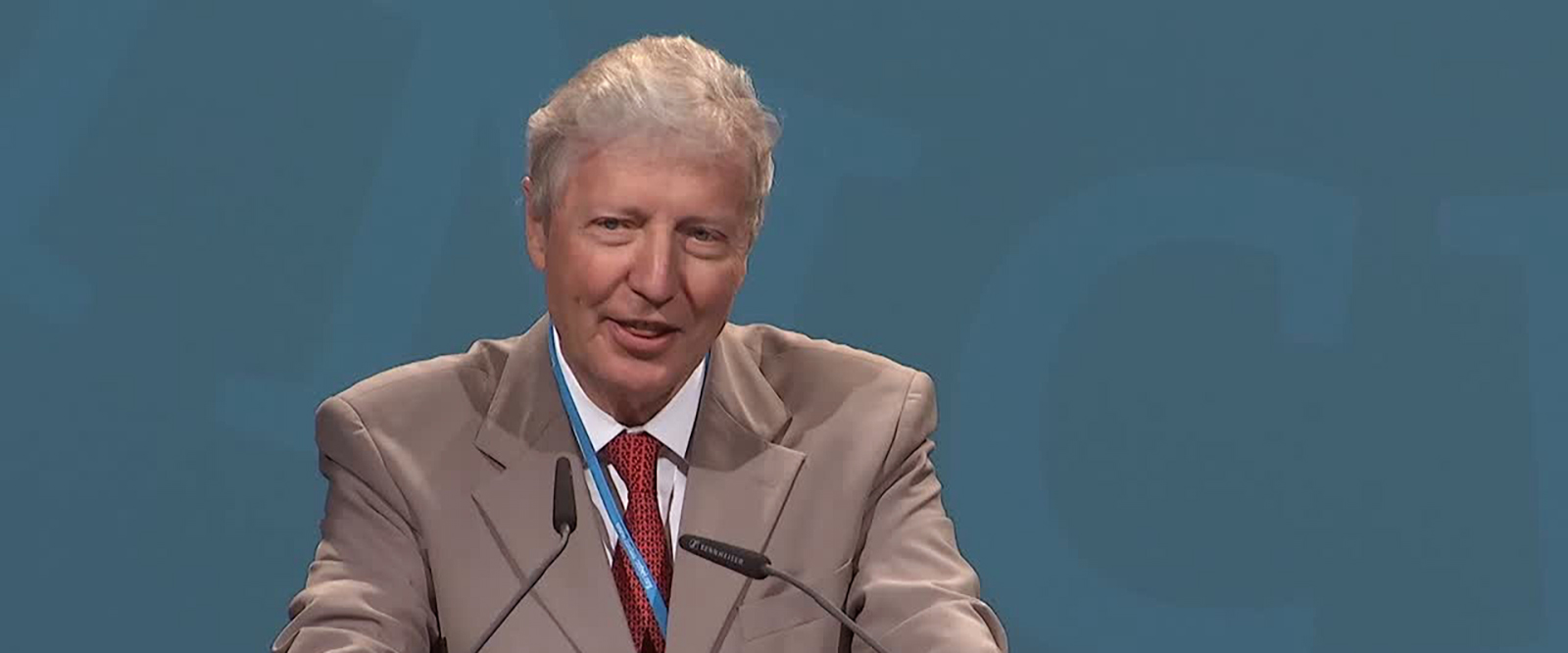
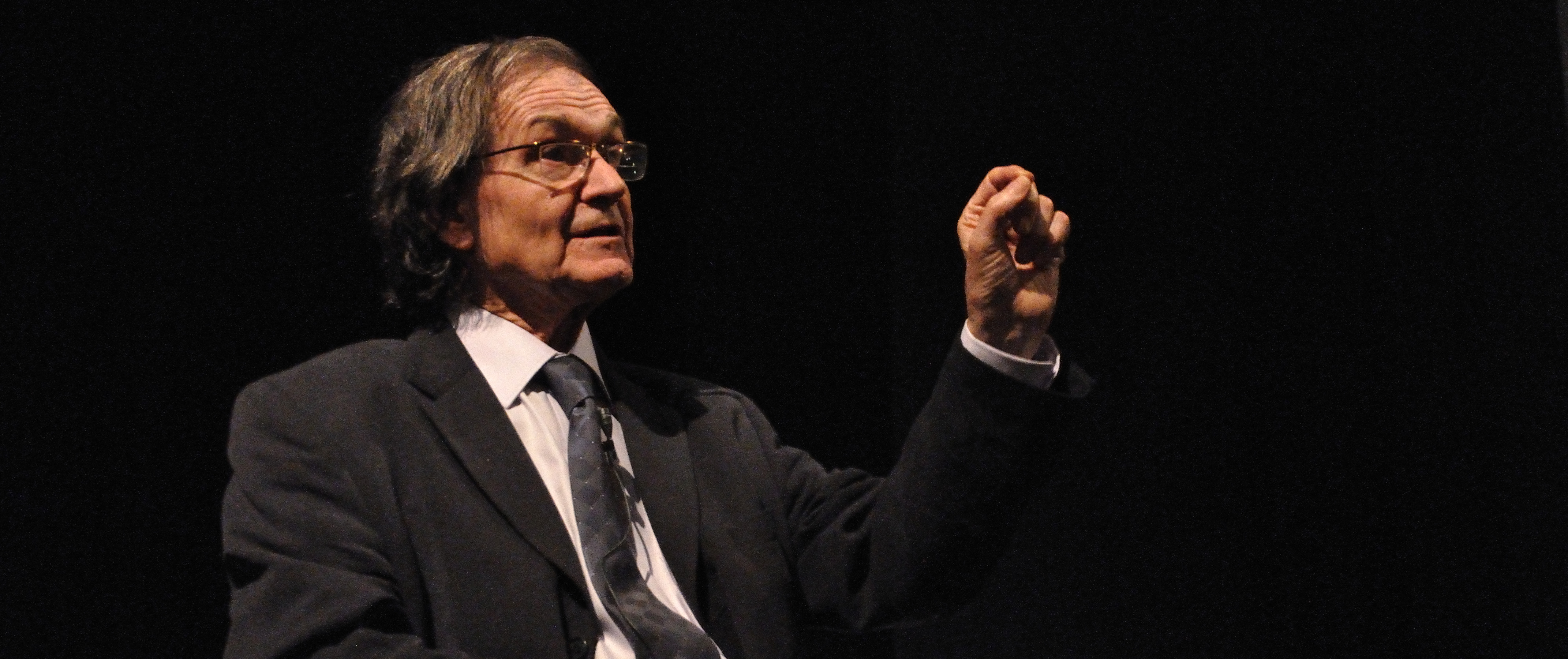
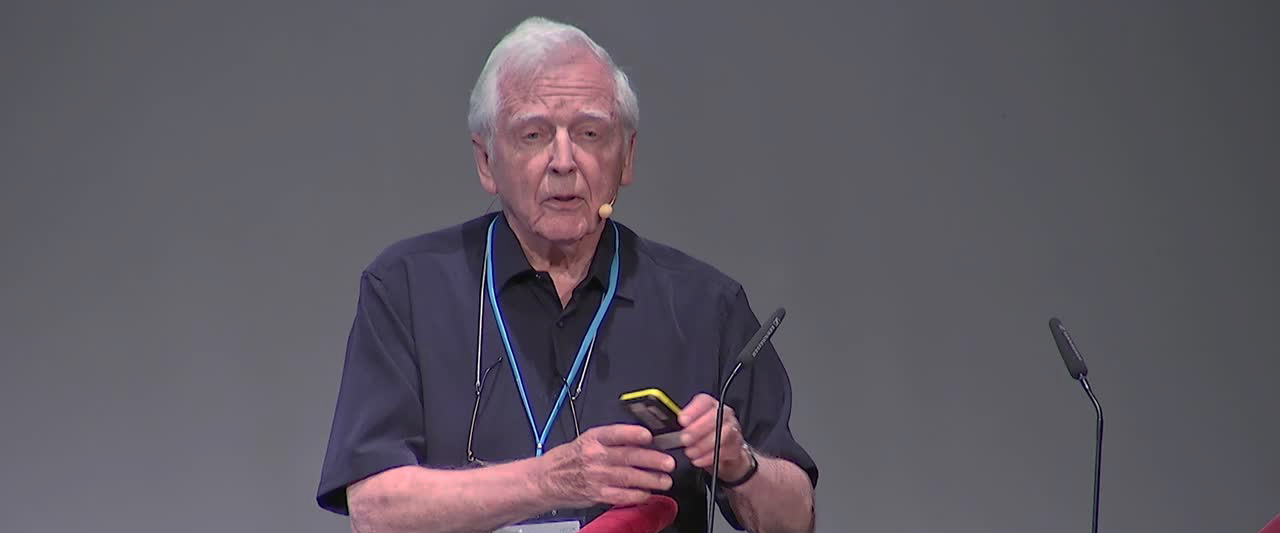
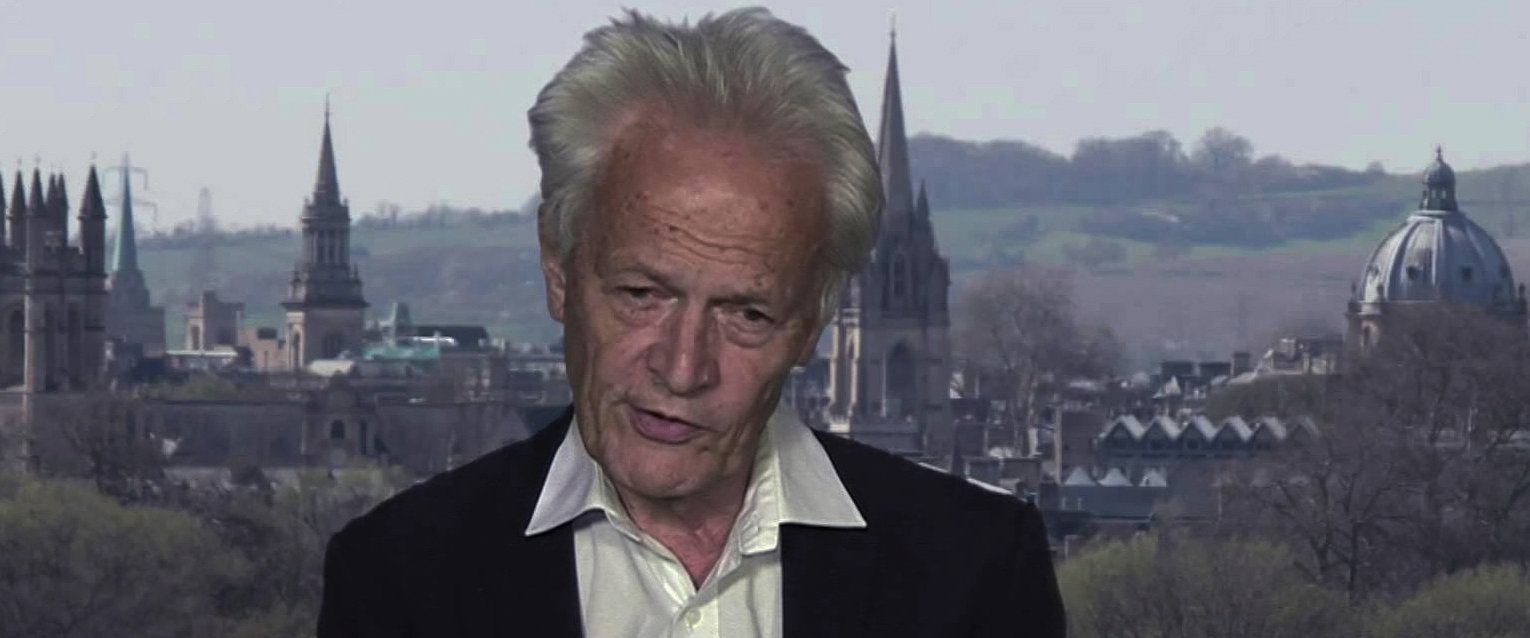
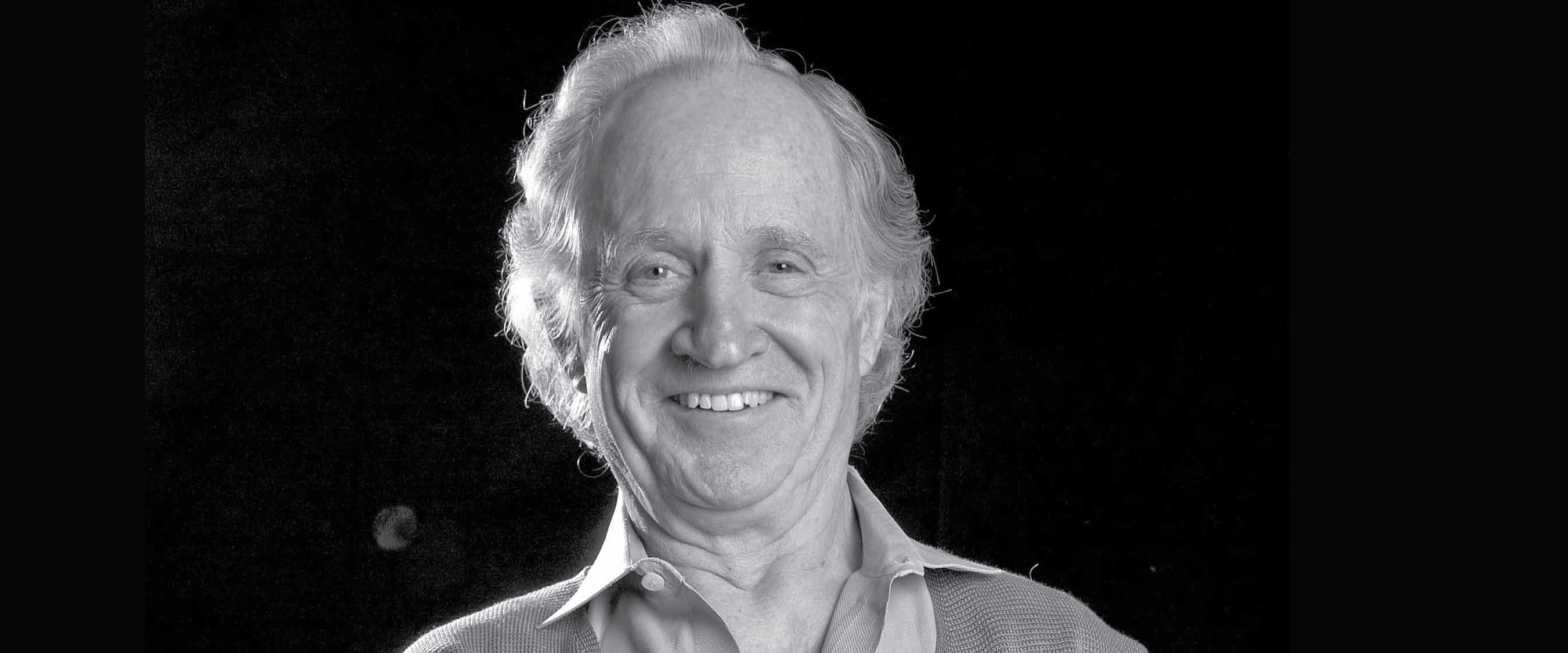
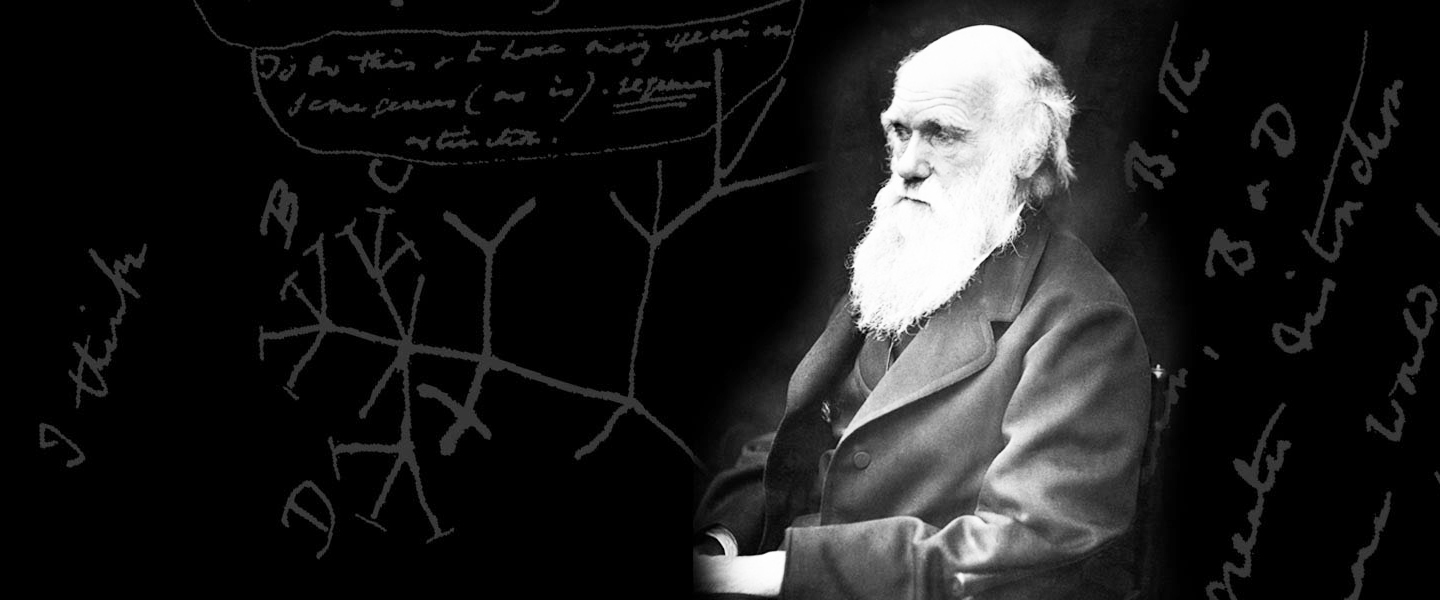



















 Articles
Articles